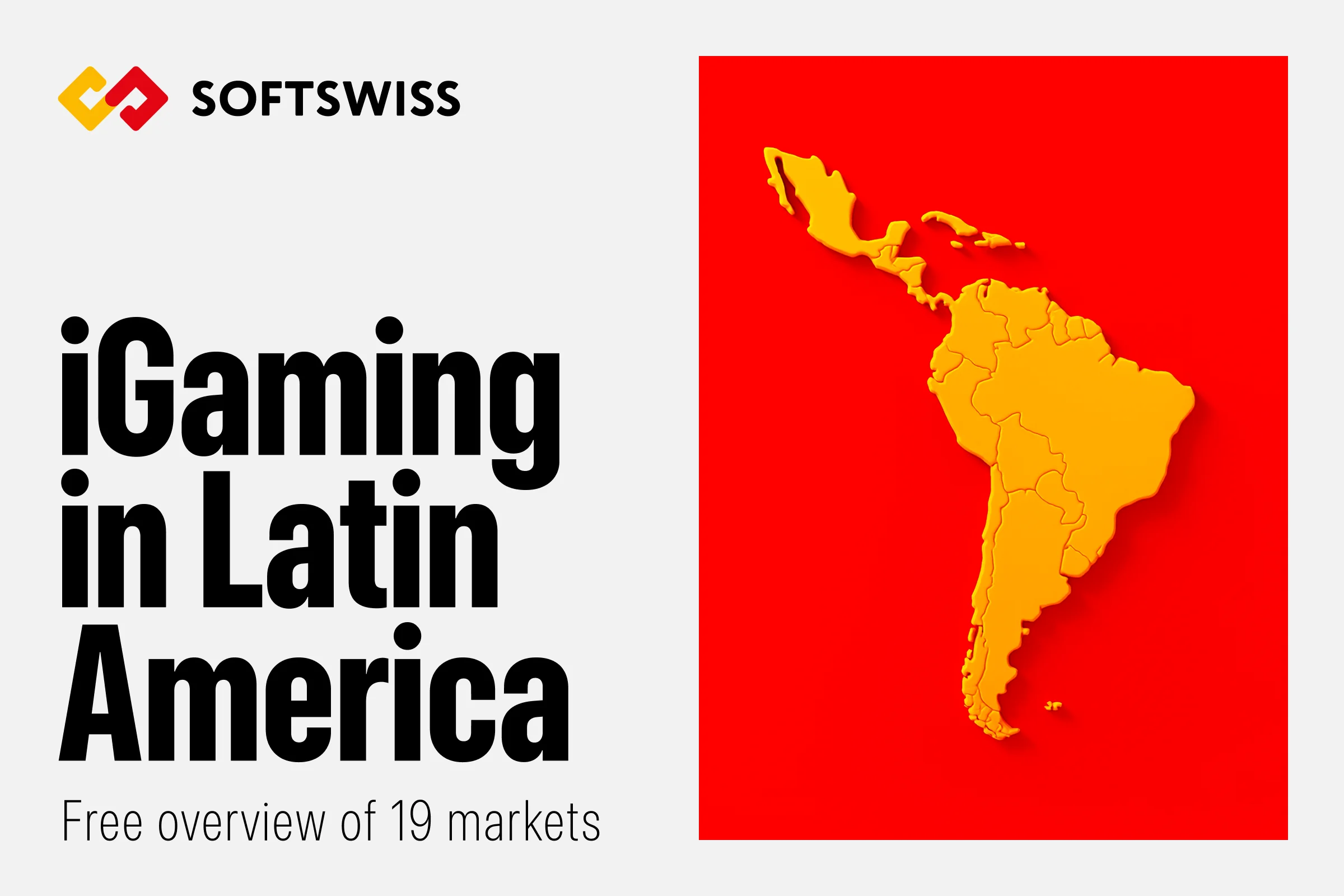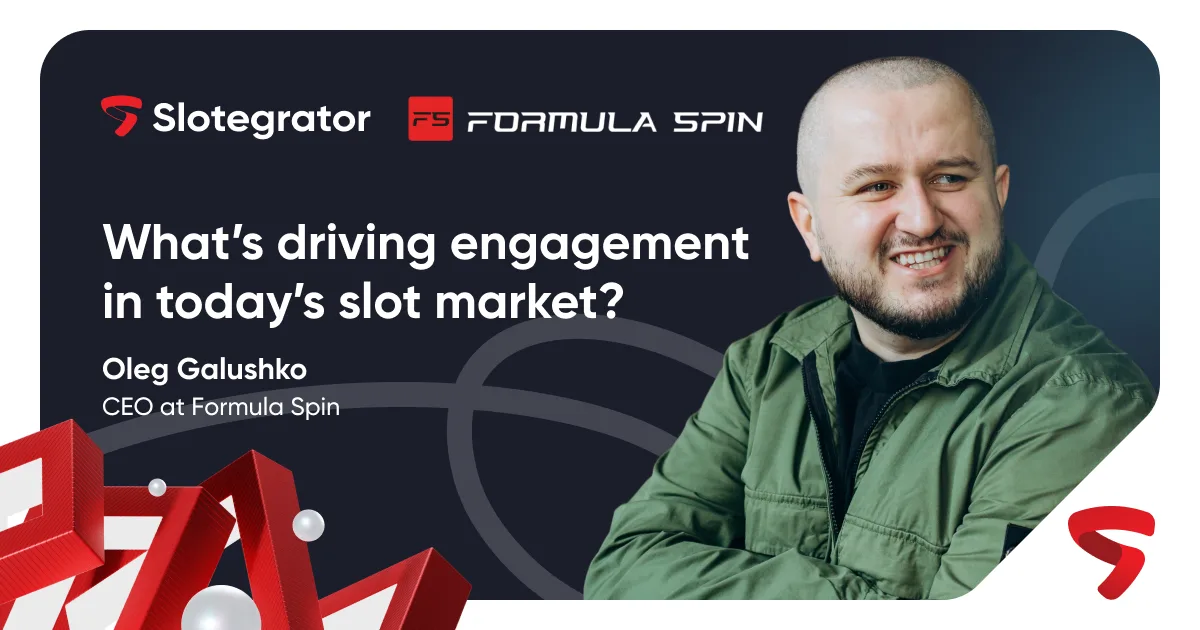The iGaming industry seems like a profitable market. According to the European Gambling and Betting Association (EGBA), in 2021, the total gambling revenue just in Europe amounted to €87.2 billion. At the same time, many iGaming operators suffer from fraudsters that capitalize on bonus offers at online casinos.
To find out about the nature of bonus fraud and to know how to prevent it, GBC Time has interviewed an expert on the topic – Ozric Vondervelden. An ex-fraudster himself, Ozric is a co-founder of Greco – a consultancy company that specializes in bonus abuse, risk & fraud management.
Please, tell our readers what is bonus abuse in the iGaming industry and how it works.
It is simply the process of consistently taking value from operators in the form of bonuses. There are several different levels of sophistication:
- You have your smart players that are only motivated by value and represent a long-term negative value to the house;
- At the other end of the spectrum, you have people that specialize in taking unintended value by finding loopholes in bonus engines or the interoperability of the bonus engines and content. These loopholes tend to remove or reduce wagering requirements, consequently increasing the value a player can take;
- Others focus on finding marketing errors or specialize in colluding across multiple accounts.
On an individual level, this does not pose too much risk to an operator, the issue arises when these processes are scaled, as it becomes a license to print money.
Some of the ways this is achieved are by undermining duplicate account rule systems, using multiple identities, or undermining operators’ segmentation processes to gain consistent offers.
Did the nature of bonus abuse change in the past few years? If yes, how?
It is different in different markets.
In the more mature markets, the value on offer has reduced over time due to taxation and regulation, which has reduced bonus abuse overall. This, however, has also pushed many players towards more sophisticated forms of abuse, which operators struggle to detect.
In new markets such as the US, it is big money and bonus abuse is growing as a counter industry at a rapid pace.
In one interview you mentioned that the US gambling market is not prepared for the bonus abuse networks. In your opinion, what are the main reasons for that? And how are bonus fraudsters in the US different from the ones in Europe?
The US operators are really focused on acquisitions, as they race for market share to satisfy their investors. Because of this, the value of the acquisition bonuses on offer is incredibly high. We recently studied the New Jersey market and found that operators are giving away a combined total of $18 575 in value. And that is not the size of the bonuses, that is what a bonus abuser is expected to walk away with in cash in less than a week.
With this level of value on offer, there is a huge incentive to take advantage of this and scale. Anyone that knows what they are doing has the opportunity to earn up to $1 million a year, and even more if a team is recruited. At the same time, operators are not yet looking inward at their existing player base, and it results in bonus abuse falling through the cracks.
What makes an iGaming company a target for bonus abusers?
The gambling industry is one of the very few industries to give upfront value to its users. And in many jurisdictions, it is completely tax-free.
The gambling industry has throughout history provided a playground of challenges for mathematicians and intellects to try and crack. And there are many instances where they have been successful, like card counting, roulette prediction models, and game theory optimization in poker.
With operators often painted as the bad guys in society, there is this obsession with beating the house.
How can an iGaming operator identify bonus abusers?
The answer to this is as nuanced as the abuse strategies themselves. In fact, with all of the legacy data and infrastructure issues that the industry suffers from, performing bonus abuse is far easier than solving it. Operators tend to use very rudimentary metrics to determine risk due to the limitations of their data and technology.
I believe that the most accurate way to identify negative value players at the earliest opportunity is by quantifying every player’s theoretical value and analyzing behavioral risk. Simply looking at wins vs losses, deposits and withdrawals, and half-baked measures of incentivized vs non-incentives play is not effective.
What are the best ways of preventing bonus fraud? Are there some risk-eliminating tactics?
There are some great fraud and verification products out there, as well as some terrible ones. It is important to ensure you are doing the best that you can in these areas. But without gameplay risk analysis you do not have a full solution. In order to be in a position to build meaningful metrics for determining risk, there needs to be a focus on granular and real-time data, ideally with all forms of incentivization recorded on a transactional level.
In which countries operators are more vulnerable to bonus abuse: the so-called white markets that have legalized gambling or black and grey markets? Why?
The black markets will often confiscate everything without necessarily needing to rationalize what they are seeing.
For licensed operators providing services in non-licensed jurisdictions, the verification requirements are often quite weak, which can help bonus abusers scale. This is especially true with operators that accept crypto deposits, as not only is it easier for identities to be scaled but it is also the same for the payment sources. For these brands, having a solid risk strategy is paramount.
The heavily regulated markets often have strong player protection, and as bonus abusers are also players this can quite often work in their favor. Despite all the hoops they need to jump through and the reduced value on offer, the UK has the largest problem in Europe despite all the improvements made over the last two decades.
How do you see the problem of bonus fraud developing over the next few years?
As new markets are being regulated, they all seem to follow the same path of manufacturing bonus abuse through over-incentivization, followed by decades of trying to manage this risk.
There are bonus abuse forums that provide calculators, education, and a real-time feed of all available offers. These forums work on a subscription model and they are big business. They are quick to move into new markets and capitalize on the new members by offering referral agreements and cost-free use of the forums, where the concept is proven to the potential member before paying. Each of these new members will quite quickly realize that their income can be doubled by using their partner’s identity, and then it is a small leap to using hundreds of identities. Globally, this is an issue that is only getting worse.
Read more: Best Canadian Online Casino












